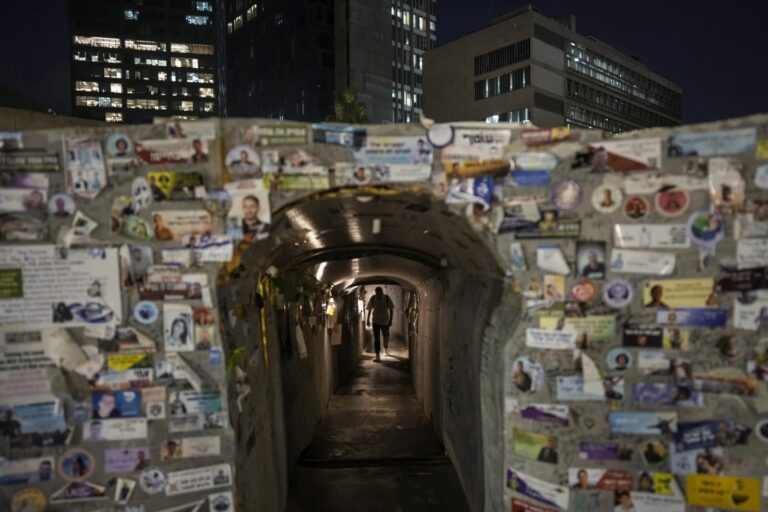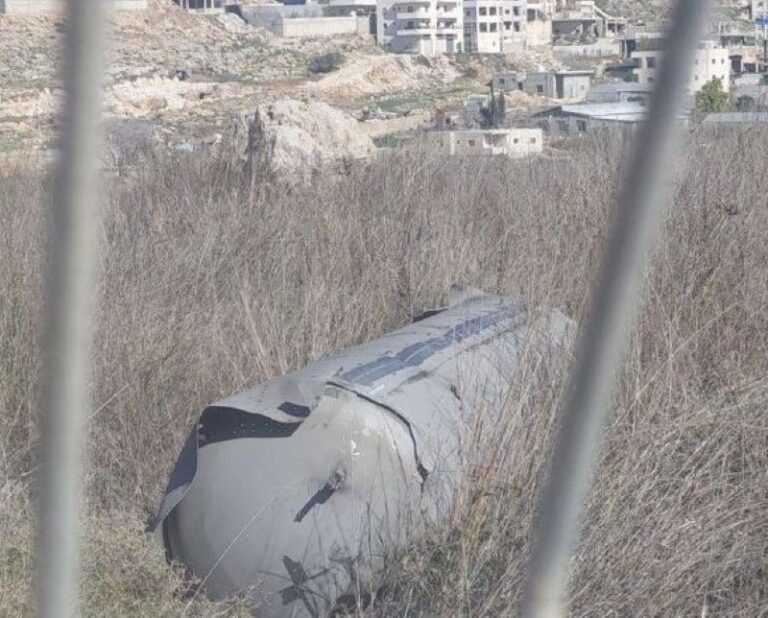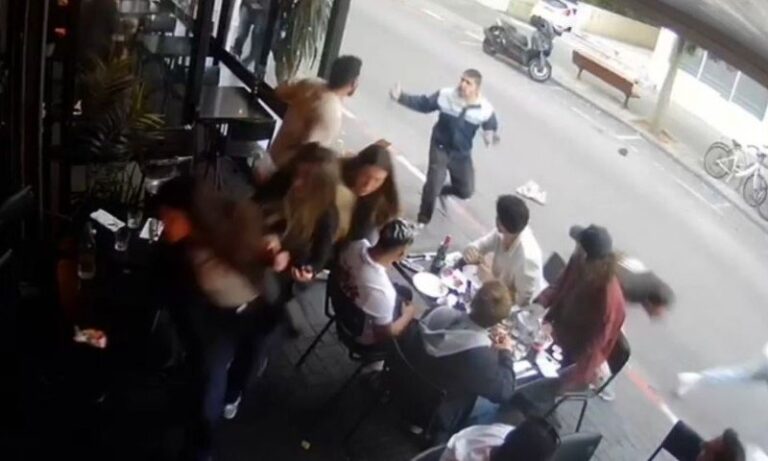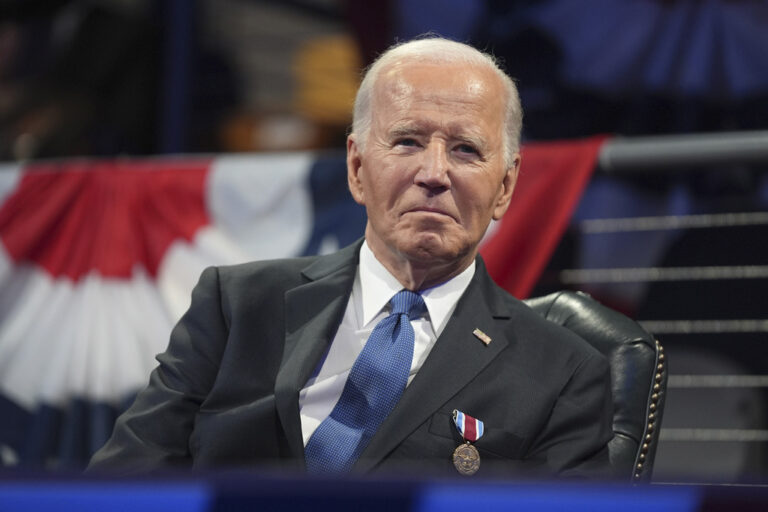 Vladimir Putin appears all but certain to return to the Kremlin in Sunday’s Russian presidential election, but he’ll find himself in charge of a country far more willing to challenge him.
Vladimir Putin appears all but certain to return to the Kremlin in Sunday’s Russian presidential election, but he’ll find himself in charge of a country far more willing to challenge him.
An unprecedented wave of massive protests showed a substantial portion of the population was fed up with the political entrenchment engineered by Putin since he first became president in 2000, and police are already preparing for the possibility of postelection unrest in Moscow.
The Putin system of so-called “managed democracy” put liberal opposition forces under consistent pressure, allowing them only rare permission to hold small rallies and bringing squads of police to harshly break up any unauthorized gathering.
The Kremlin gained control of all major television channels and their news reports turned into uncritical recitations of Putin’s programs, often augmented with admiring footage of him riding horseback, scuba-diving or petting wild animals.
But the protests, sparked by allegations of widespread fraud in December’s parliamentary elections, forced notable changes.
Authorities gave permission, however grudgingly, for opposition rallies that attracted vast crowds, upward of 50,000 in Moscow. State television gave them substantial and mostly neutral coverage.
Whether that tolerance will last after the election is unclear. According to the most recent survey by the independent Levada Center polling agency, Putin is on track to win the election with around two-thirds of the vote against four challengers — enough to bolster his irritable denunciations of the protesters as a small, coddled minority.
Putin has repeatedly alleged that the protesters are stooges of the United States and Western European countries that want to undermine Russia and he has insulted them, saying for instance that their white ribbon emblems looked like condoms.
In the past week, the rhetoric became even harsher as Putin publicly suggested the opposition was willing to kill one of its own figures in order to stoke outrage against him. That claim came on the heels of state television reports that a plot by Chechen rebels to kill Putin right after the election had been foiled. Some of Putin’s election rivals dismissed the report as a campaign trick to boost support for him.
Protests after the election appear certain.










